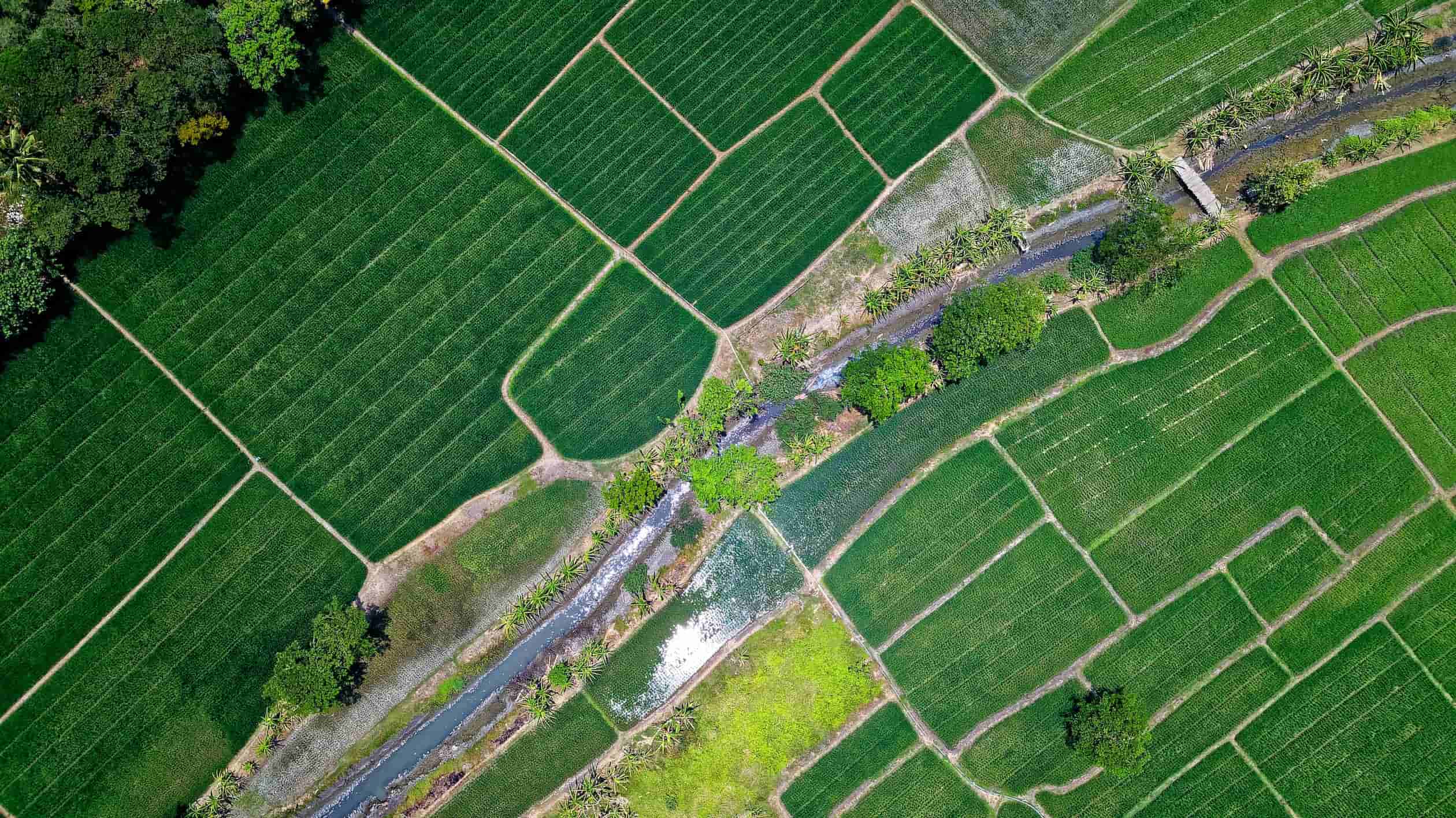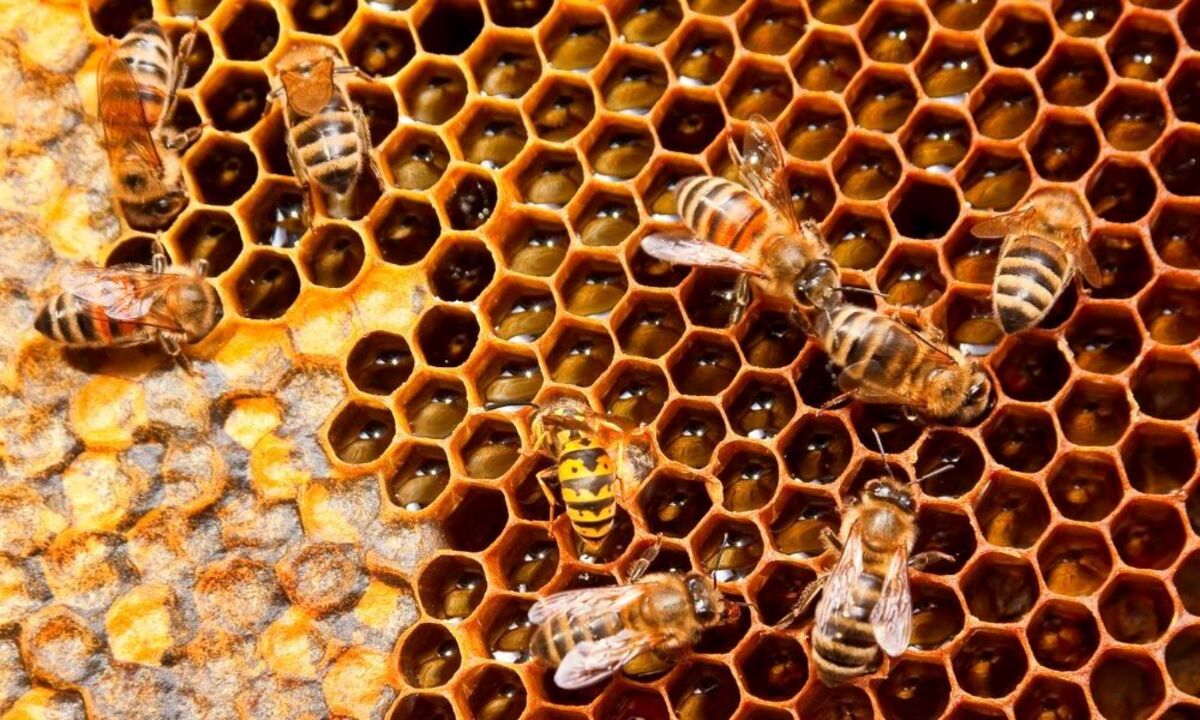
Landscape ecology is a fascinating field that explores the relationship between ecological processes and spatial patterns. It focuses on understanding how these patterns of land use, land cover, and habitat fragmentation impact the distribution and dynamics of populations, communities, and ecosystems. By studying the interactions between organisms and their environment at various scales, landscape ecologists provide valuable insights into biodiversity conservation, sustainable land management, and the understanding of ecological processes.
In this article, we will delve into the world of landscape ecology and uncover 15 astounding facts that highlight the importance and complexity of this field. From the intricate web of relationships between species to the effects of human activities on landscapes, these facts will shed light on the dynamic nature of ecological systems and the essential role landscape ecology plays in their conservation and management.
Key Takeaways:
- Landscape ecology studies how different landscapes work and how human activities affect them. It helps us understand and protect the environment.
- By using advanced technology and studying different landscapes, landscape ecology helps us make better decisions to protect nature and maintain a sustainable environment.
Landscape ecology studies the interaction between ecosystems and their surrounding environment.
Landscape ecologists analyze how various elements such as landforms, vegetation, water bodies, and human activities influence ecological processes.
Landscape ecology considers the spatial arrangement and connectivity of landscape elements.
By understanding the organization and connectivity of landscapes, researchers can better comprehend the flow of energy, nutrients, and species across different habitats.
This field helps in understanding the impacts of human activities on ecological systems.
Landscape ecologists study how human interventions, such as urbanization, land-use change, and deforestation, affect biodiversity and ecosystem functioning.
Landscape ecology plays a vital role in guiding conservation efforts.
By identifying key habitats, ecological corridors, and areas of high biodiversity, landscape ecologists help in designing effective conservation strategies.
It involves the use of advanced spatial analysis techniques.
Geographic Information System (GIS) and remote sensing are commonly used in landscape ecology to analyze and visualize complex spatial data.
Landscape ecology helps in predicting and mitigating the impacts of climate change.
By studying how landscapes respond to climate variables, scientists can make informed predictions and develop strategies to reduce the adverse effects on ecosystems.
It considers both natural and human-made landscapes.
Landscape ecologists examine the dynamics and functioning of diverse landscapes, including forests, wetlands, agricultural fields, urban areas, and river systems.
Landscape ecology provides insights into ecosystem services.
By assessing the relationships between landscape patterns and ecosystem functions, this field helps in understanding the benefits that landscapes provide to humans, such as clean water, pollination, and carbon sequestration.
It plays a role in land management and restoration.
Applying landscape ecological principles, land managers can make informed decisions to restore degraded landscapes, enhance biodiversity, and promote sustainable land-use practices.
Landscape ecology contributes to the study of species interactions.
By examining the spatial arrangement of species and their interactions, this field sheds light on topics such as predator-prey dynamics, competition, and symbiotic relationships.
Landscape ecology considers multiple scales of analysis.
Researchers examine landscapes at various spatial scales, ranging from local patches to entire regions, to understand how patterns and processes change across different levels.
It aids in understanding landscape genetics.
Landscape ecologists investigate how landscape features influence gene flow and genetic diversity, providing insights into the adaptation and persistence of populations.
Landscape ecology emphasizes the importance of connectivity.
Ecological connectivity allows for the movement and gene flow between fragmented habitats, which is crucial for maintaining biodiversity and population viability.
It integrates multiple disciplines.
Landscape ecology draws from various scientific fields, including ecology, geography, geology, sociology, and economics, to provide a holistic understanding of landscapes.
Landscape ecology contributes to sustainable land-use planning.
By considering ecological processes and biodiversity conservation, landscape ecologists inform land-use decisions that minimize negative impacts and maintain long-term sustainability.
These 15 astounding facts about landscape ecology demonstrate the breadth and significance of this field in understanding and managing our complex and interconnected landscapes.
Conclusion
In conclusion, the field of landscape ecology is truly fascinating, offering valuable insights into the complex interactions between the environment and living organisms. The 15 facts discussed in this article provide a glimpse into the breadth and depth of knowledge within this discipline. From the importance of connectivity to the role of biodiversity in ecosystem functioning, landscape ecology helps us understand how landscapes function and how they can be conserved and managed sustainably. As the world faces increasing environmental challenges, landscape ecology will continue to play a crucial role in informing decision-making and promoting the conservation and restoration of our natural resources.
FAQs
1. What is landscape ecology?
Landscape ecology is a scientific discipline that studies the spatial patterns and ecological processes in landscapes, aiming to understand the interactions between the environment and living organisms at various scales.
2. Why is landscape ecology important?
Landscape ecology provides a holistic understanding of how landscapes function, which is crucial for effective conservation and management of ecosystems. It helps identify ecological patterns, evaluate the impacts of human activities, and develop strategies for sustainable land use.
3. What are some applications of landscape ecology?
Landscape ecology has numerous applications, including urban planning, conservation biology, ecosystem management, and natural resource management. It helps in designing protected areas, restoring degraded landscapes, and minimizing the impacts of habitat fragmentation.
4. How does landscape connectivity affect biodiversity?
Connectivity refers to the degree to which habitats are connected or interconnected. Greater connectivity promotes species movement and gene flow, enhancing biodiversity by reducing the risk of population isolation and local extinctions.
5. Can landscape ecology be used in agriculture?
Absolutely! Landscape ecology can be applied in agricultural landscapes to optimize land use, manage agroecosystems more sustainably, and minimize the negative impacts of agriculture on natural environments.
6. What are the future prospects for landscape ecology?
The future of landscape ecology seems promising, as it continues to evolve and integrate new technologies such as remote sensing and geographical information systems (GIS). These advancements enable researchers to gather and analyze large-scale ecological data, leading to more informed decision-making and sustainable landscape management.
Landscape ecology's astounding facts reveal nature's intricate tapestry. Unraveling ecological connections and human impacts, this field guides conservation efforts and sustainable land use. Exploring diverse scales and disciplines, landscape ecology illuminates the delicate balance between ecosystems and their surroundings. From predicting climate change effects to understanding species interactions, its insights shape our understanding of the natural world. Discover more captivating facts about natural wonders in Naperville, Illinois, where the beauty of the landscape and its ecological significance intertwine, offering a glimpse into the fascinating realm of landscape ecology.
Was this page helpful?
Our commitment to delivering trustworthy and engaging content is at the heart of what we do. Each fact on our site is contributed by real users like you, bringing a wealth of diverse insights and information. To ensure the highest standards of accuracy and reliability, our dedicated editors meticulously review each submission. This process guarantees that the facts we share are not only fascinating but also credible. Trust in our commitment to quality and authenticity as you explore and learn with us.


